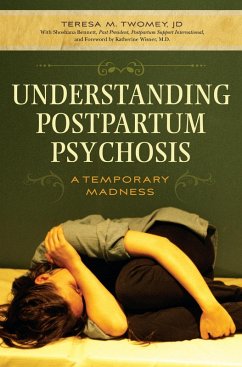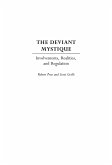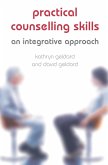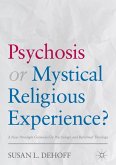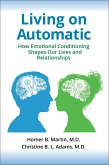Offering an understanding of postpartum psychosis, this riveting book explains what happens and why during this temporary and dangerous disorder that develops for some women rapidly after childbirth. Most of us are familiar with the baby blues, a passing sadness that strikes 50 to 75 percent of new mothers after delivery. And most of us understand postpartum depression, a sadness post-delivery that lingers for weeks or months for an estimated one in every 10 new mothers. But a more serious form of disorder that strikes up to one in every 500 is postpartum psychosis - triggering severe agitation, confusion, insomnia, hallucinations, delusions, mania, and possible thoughts of suicide or murder. Every year, women in the United States and around the world kill their babies, children, and themselves as a result of this mental illness. Here, author Twomey, an official with Postpartum Support International, gives us insight into the psychological, personal, medical, legal, and historical perspectives on this little-understood mental illness, which is both preventable and treatable.
While most women who suffer postpartum psychosis eventually recover without harming anyone, they most often do so in silence. Paranoia is a common symptom, explains Twomey, and that moves women to hide their symptoms from everyone around them. The woman can hence appear normal, but be putting both herself and her baby at risk. We can prevent and treat this, but we need to recognize it by better screening of women postpartum, says Twomey.
While most women who suffer postpartum psychosis eventually recover without harming anyone, they most often do so in silence. Paranoia is a common symptom, explains Twomey, and that moves women to hide their symptoms from everyone around them. The woman can hence appear normal, but be putting both herself and her baby at risk. We can prevent and treat this, but we need to recognize it by better screening of women postpartum, says Twomey.

